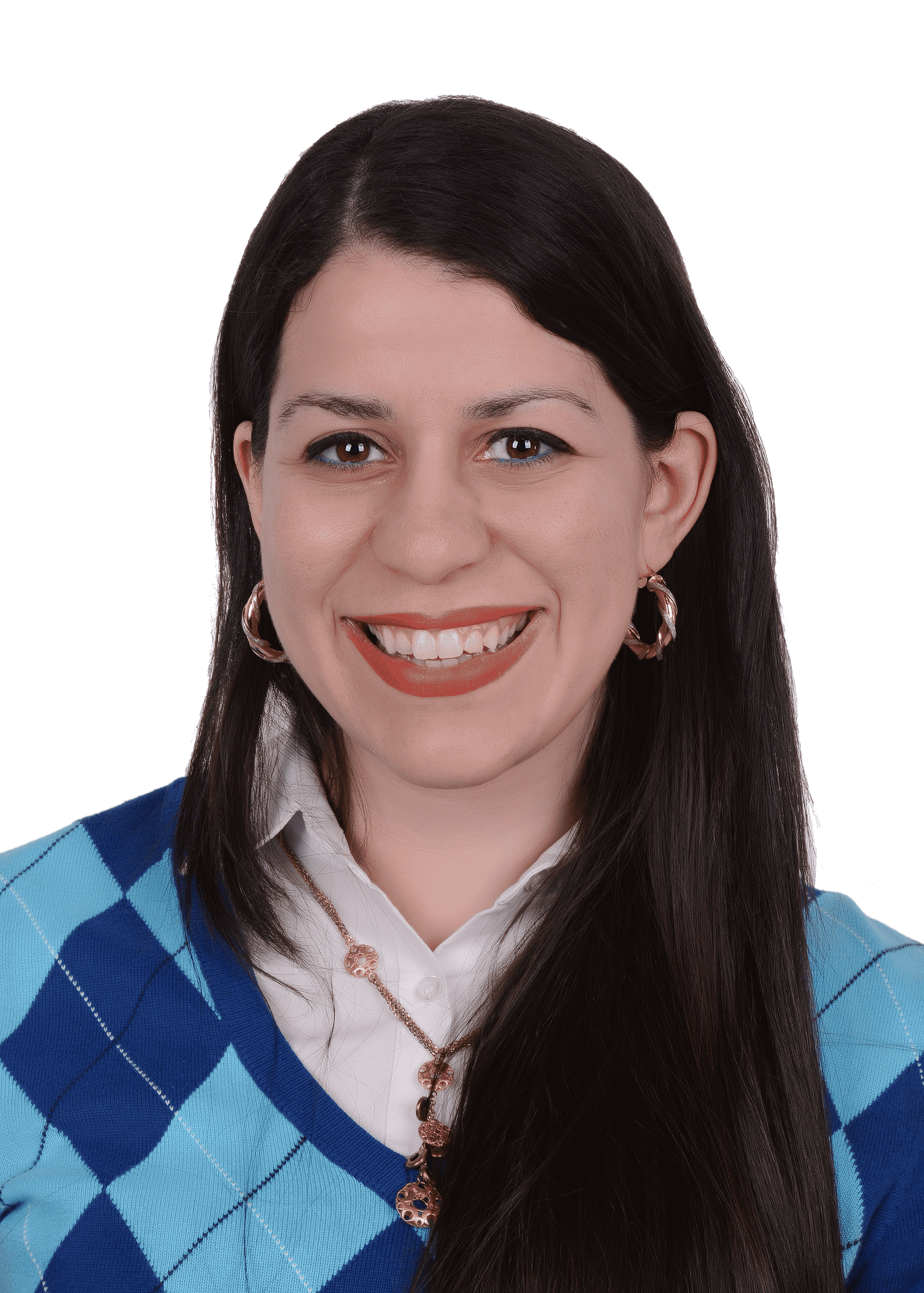Transitivity, verbal humour and the construction of identity in Trevor Noah’s narratives
Authors: Nouran Tarek Soliman, Rabia Abdul-Salim Madhi
Publisher: Insights into Language, Culture and Communication (ILCC), Academy Publishing Center (APC), Arab Academy for Science, Technology and Maritime Transport (AASTMT)
DOI: 10.21622/ILCC.2024.04.2.1058
Abstract: The aim of this research paper is to analyze Son of Patricia’s stand-up comedy show and Born a Crime memoir by Trevor Noah to find out how the experience of racial discrimination, identity, social commentary, and personal anecdotes have been manifested in Noah’s language choice. This descriptive study uses an eclectic approach combining Systemic Functional Grammar (SFG), discourse analysis, and humor studies. The data from both genres was analyzed using the Hallidayan Transitivity model and the General Theory of Verbal Humor (GTVH). The research combines qualitative and quantitative data. The results highlight the distinct uses of transitivity processes in both excerpts, with the stand-up comedy employing more dynamic verbs, denoting action, while the memoir uses more relational processes. The GTVH analysis revealed that humor in the stand-up comedy often challenges racial stereotypes more directly than in the memoir. The discussion pinpointed that Noah’s strategic use of language not only constructs his racial identity but also critiques societal norms. The study concludes that the combination of transitivity and humor effectively unveils deeper layers of identity and societal commentary, suggesting a powerful interplay between language use and personal narrative in Noah’s work.
Read Full Article (PDF) →